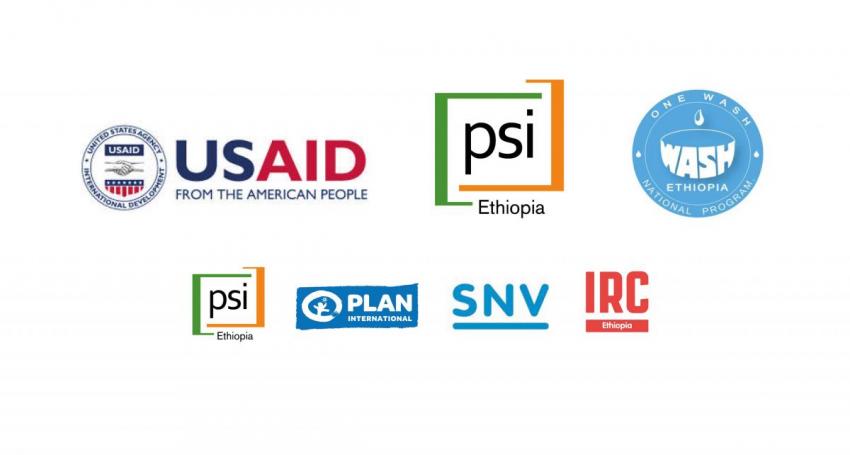The Federal Ministry of Health in Ethiopia has drawn up a sanitation subsidy protocol to address the sanitation needs of the poorest segment of the population
Published on: 18/07/2022
By Ekram Redwan, Director of Hygiene and Environmental Health, Ministry of Health
The Federal Ministry of Health (MoH) is committed to improving the sanitation, hygiene, and environmental health conditions of its citizens. In the second health sector transformation plan, the MoH has planned to increase the proportion of households with access to basic sanitation services from 20% (2019) to 60% (2025) through an effective and sustainable market-based system for hygiene, sanitation, and environmental health facilities and services. The ultimate goal is universal coverage by 2030 in line with the Sustainable Development Goals (SDGs). To accomplish these goals, the Ministry and development partners are working to expand sanitation marketing centres to districts to ensure access to improved sanitation products.

The National multi stakeholder platform participants with the state minister of the MoH Dr. Dereje Duguma, after the launching of the sanitation subsidy protocol, photo by Tsegaye Yeshiwas
Parallel to increasing access, the Ministry explored different financing options to ensure services for all segments of the population. The initiation of a subsidy scheme to address the sanitation needs of the poorest segment of the population is one of the proposed financing options. Accordingly, the Ministry has prepared a subsidy protocol to guide the design and implementation of a smart and targeted sanitation subsidy.
In Ethiopia inequalities in sanitation and hygiene coverage exist based on, among other factors, geography and socioeconomic status. The subsidy protocol is designed to be smart and targeted. It is smart so that it does not distort or hamper market-based sanitation or Community-Led Total Sanitation and Hygiene approaches. In addition, it is targeted to address the most vulnerable population groups who are not able to construct improved sanitation facilities on their own due to their extreme poverty and/or impending environmental factors.
The subsidy is intended to target households that are not able to afford sanitation products through other means, and the identification of households is planned to be made in line with existing poverty alleviation programmes. The latrine improvements/construction will be delivered by the private sector; therefore, the programme will focus on areas with a well-established supply chain to support existing businesses and reduce costs. Additionally, areas where it is difficult and costly to construct a latrine and areas with internally displaced communities and refugees will be targeted.
Implementers are required to comply with the five guiding principles outlined in the sanitation subsidy protocol:
All stakeholders are encouraged to start piloting the sanitation protocol and share their learning with the MoH and the broader WASH community to further refine and strengthen of the sanitation subsidy protocol.
The National sanitation subsidy protocol can be accessed under 'more info' left.
USAID Transform WASH aims to improve water, sanitation and hygiene (WASH) outcomes in Ethiopia by increasing market access to and sustained use of a broader spectrum of affordable WASH products and services, with a substantial focus on sanitation.
Transform WASH achieves this by transforming the market for low-cost quality WASH products and services: stimulating demand at the community level, strengthening supply chains, and improving the enabling environment for a vibrant private market.
USAID Transform WASH is a USAID-funded activity implemented by PSI in collaboration with SNV, Plan International, and IRC WASH. The consortium is working closely with government agencies, including the Ministry of Health, the Ministry of Water, Irrigation and Electricity, the One WASH National Program, and regional and sub-regional governments.